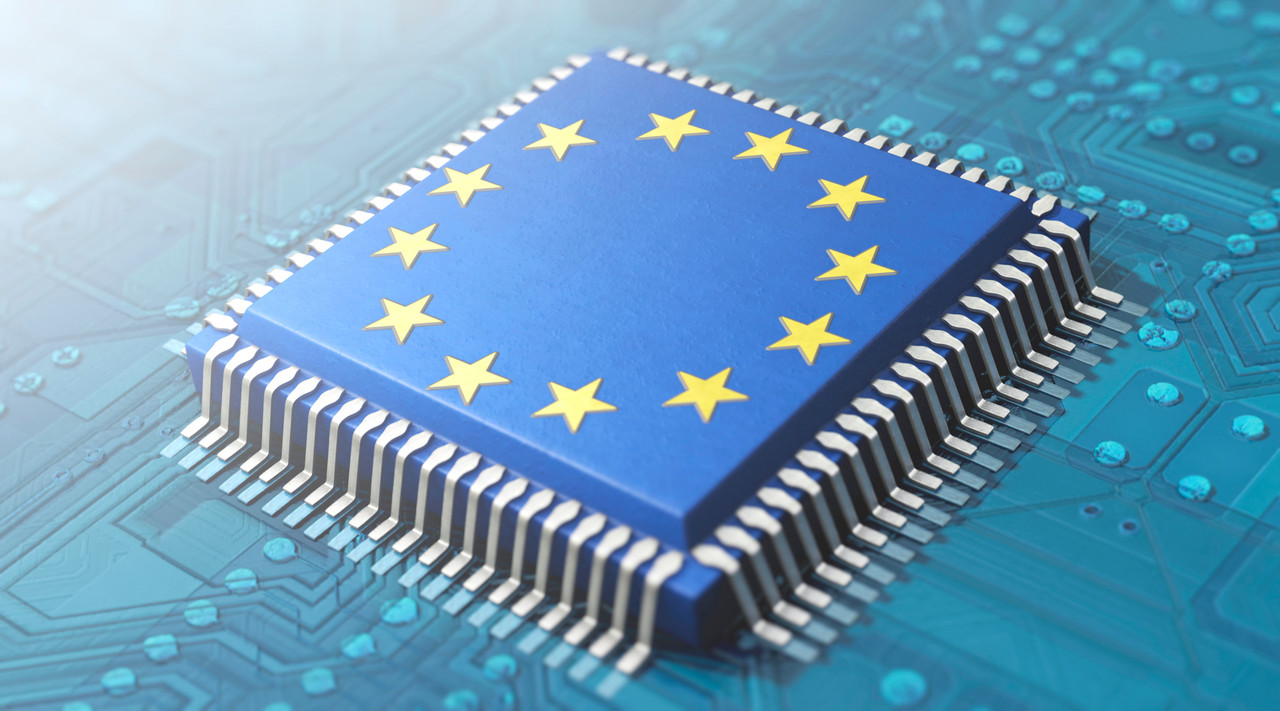The commission on 12 November released its annual European Digital Economy and Society Index (DESI), examining the progress of EU countries in terms of human capital, connectivity, digital technology integration, and digital public services.
Luxembourg ranked 8th out 27 with a score of 59/100--two positions and 1.1 points better than the year prior. The introduction of 5G infrastructure and efforts to improve optic fiber coverage, earned Luxembourg 4th place in the connectivity category pushing up its overall score.
Denmark, Finland and Sweden placed at the top of the index, while Romania, Bulgaria and Greece occupied the lower positions.
As the DESI pointed out, despite hiring shortages, Luxembourg also had a higher proportion of information and communication technology specialists--especially women ICT experts (20%)--thanks to, for instance, government-supported initiatives such as the WIDE (Women in Digital Economy) organisation.
A higher digital literacy
Luxembourg also scored higher than the EU average in terms of digital literacy: 65% of 16 to 74-year-olds have at least basic digital skills, a significant difference with the 56% EU average. This sets the country at 6th place in that category.
Thanks to initiatives such as ‘Einfach Digital!’, which pushes digital literacy in children, or its support of AI-based technologies and research, Luxembourg hopes to develop its citizens’ understanding of the internet and the underlying technological and ethical concepts that flow through it.
Progress on integration of digital technology
Though Luxembourg still sits on the EU average--in 14th rank--in terms of the implementation of digital technology, the country moved up five positions since the previous year in that area.
Among the big arguments for its progress are the country’s share of companies that analyse big data (19%) and that use enterprise resource planning software to share information between different internal departments (41%). However, the lack of small and medium businesses (SMEs) selling their products and services online (9%) pales in comparison to the EU average (17%) and brings the country’s rating down.
However, the Fit4Digital initiative, supported by Luxinnovation and the ministry of the economy might change that, as it offers digital tools to SMEs by providing help from digital experts and financial support.
Luxembourg’s recently installed super computers, and , are sure to also bring up Luxembourg’s notes in the future, as the country is a member of the Euro High Performance Computing Joint Undertaking.
Digital public services
Lastly, the country climbed to the 11th spot with 79.4 points--having previously occupied the 14th rank--in terms of digital public services. The provision of digital public services to businesses in particular contributed to the result, as Luxembourg marked 97 out of 100 points in that subcategory, placing it in 3rd position.
Despite Myguichet offering plenty of administrative forms online--such as for registering a birth--only 64% of inhabitants used the internet to contact public services, an average note according to the DESI report.
GovTechLab, the government’s initiative meant to accelerate the digitalisation of public services by delegate minister of digitalisation Marc Hansen (DP), giving Luxembourg positive prospects for the coming year.
Open data pulls the country’s average down, as it places 22nd in that subcategory.
